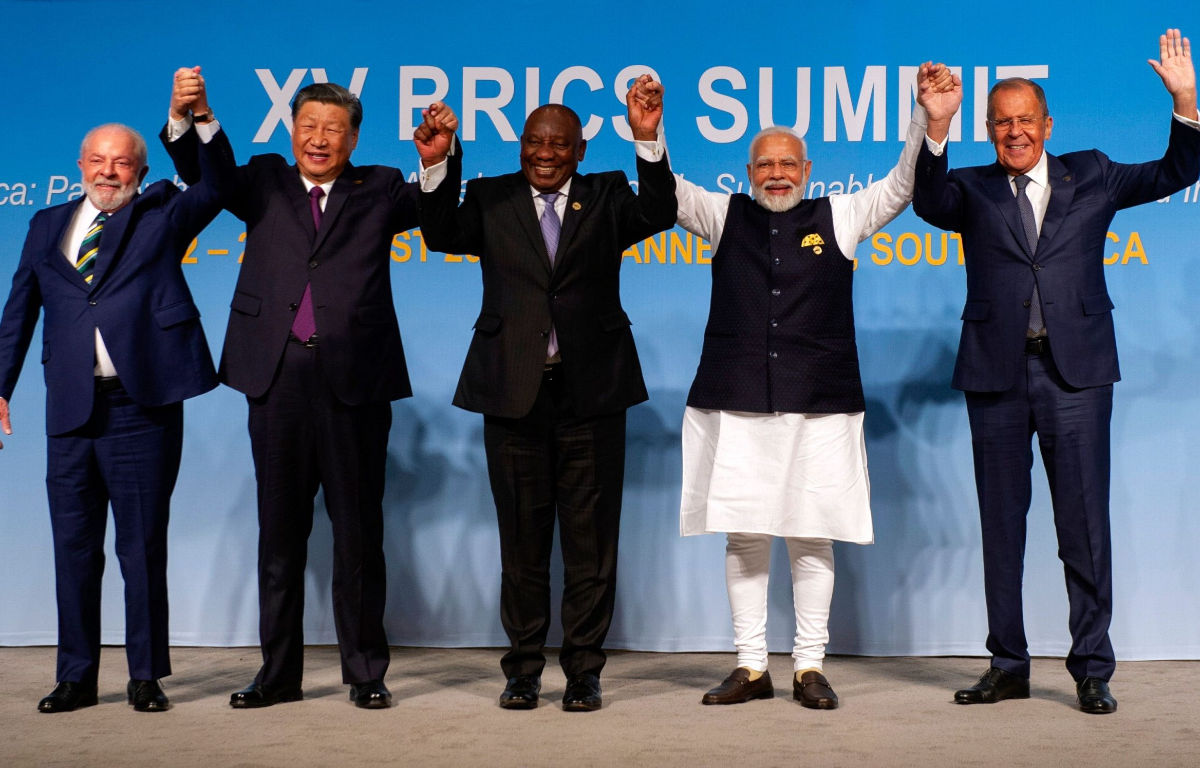
In a recent statement, U.S. Treasury Secretary Janet Yellen has outlined the United States’ intention to underscore the necessity for China to make significant policy changes. This move reflects ongoing efforts by the U.S. to address concerns related to trade imbalances, intellectual property rights, and market access, signaling a potential shift in diplomatic and economic strategies between the two global powers.
Yellen’s remarks come amidst a backdrop of heightened tensions and complex dynamics in U.S.-China relations. The Treasury Secretary emphasized the importance of a level playing field in global trade, stressing that the U.S. aims to promote fair competition and ensure that all countries abide by international rules and standards.
One of the key areas of focus is China’s economic policies, including its approach to currency valuation, industrial subsidies, and state-owned enterprises. The U.S. has long expressed concerns about practices that it views as distorting global markets and disadvantaging American businesses and workers.
Yellen’s statement indicates that the U.S. plans to engage with China on these issues in a concerted effort to encourage policy adjustments. This approach aligns with broader efforts by the Biden administration to reevaluate and recalibrate the U.S.-China relationship, emphasizing areas of cooperation while addressing areas of disagreement and competition.
The Treasury Secretary’s comments also underscore the interconnected nature of the global economy and the importance of constructive dialogue between major economies. While acknowledging differences and challenges, Yellen emphasized the need for collaboration and cooperation to address shared concerns and promote economic stability and prosperity.
The U.S. government’s stance on China’s policies is part of a broader strategy aimed at shaping a more equitable and sustainable global economic landscape. By advocating for policy shifts in areas such as trade practices, intellectual property protection, and market access, the U.S. aims to create conditions that foster fair competition, innovation, and economic growth for all nations.
It remains to be seen how China will respond to these signals from the U.S. and whether meaningful progress can be made in addressing longstanding economic and trade issues. The outcome of these discussions and negotiations could have far-reaching implications for the global economy and the future trajectory of U.S.-China relations.










Share this: